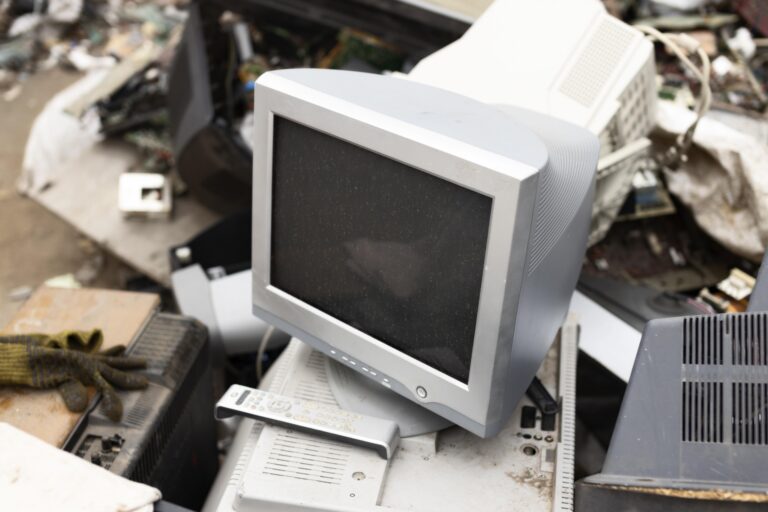A Best Practice in Climate Education and Youth Empowerment
In today’s rapidly changing world, equipping young people with the knowledge and skills to address sustainability and climate challenges is more important than ever. The Fair Future Generators (FFG) program, led by Milieudefensie in the Netherlands, is a shining example of how to engage and empower youth through hands-on experience and education. By providing a structured yet flexible learning environment, FFG fosters a new generation of change-makers dedicated to sustainability and climate action.
What is Fair Future Generators?
Fair Future Generators is a four-month training program designed for socially engaged young people aged 18-30 who want to make a real impact on sustainability. The program offers a combination of training, practical experience, and peer learning, helping participants develop key competencies while working on sustainability projects.
Each year, a new group of 50-60 participants embarks on this journey, with approximately 400 volunteers having completed the program since its inception five years ago. Operating at a national level in the Netherlands, FFG has created a strong network of young professionals and sustainability-focused organizations.
The Structure of the Program
FFG is built on a blend of theoretical training and practical application. The program begins with an intensive three-day training where participants:
- Get to know each other
- Exchange information on sustainability
- Receive skills training in project development, teamwork, and leadership
Following this, they volunteer one or two days per week for four months at Milieudefensie or a partner organization. These partner organizations, which focus on sustainability, climate, and environmental issues, provide a platform for young people to contribute to real-world projects. Themes vary widely—from academic research on sustainability to hands-on projects like sustainable farming.
Throughout the four months, participants engage in:
- Bi-weekly online peer consultations
- Additional training and lectures on sustainability
- Workshops and knowledge exchange sessions
At the end of the program, volunteers receive a certificate of participation and a personalized recommendation from their coach to support their future career development.
Key Success Factors
FFG stands out as a best practice due to several success factors:
- Hands-on Experience – Participants gain practical knowledge by working with experienced professionals in sustainability.
- Unique Access – The program opens doors to organizations that typically do not offer student internships.
- Ownership & Empowerment – Young people actively shape their projects, fostering personal and professional growth.
- Community & Networking – The exchange of ideas among peers and industry experts creates a strong, supportive community.
The Role of Educators and Coaches
FFG incorporates a dual-support system to ensure participants gain valuable learning outcomes:
- A project supervisor within the partner organization provides content-related guidance.
- A coach from FFG supports the personal and collaborative development of volunteers.
This coaching approach is tailor-made, considering each participant’s individual needs. The coaches are a mix of former FFG participants and experienced educators, ensuring both peer connection and structured learning.
Challenges and Continuous Improvement
Like any ambitious program, FFG has faced challenges. In earlier years, inconsistent participant attendance at online meetings was a concern. To address this, FFG introduced stricter participation agreements and more structured sessions. These changes led to:
- Increased engagement and learning outcomes
- More interactive workshops, where participants share insights from their projects
This focus on peer learning and mutual exchange has become a cornerstone of the program’s success.
Alignment with Sustainable Development Goals (SDGs)
FFG directly contributes to four key United Nations Sustainable Development Goals (SDGs):
- SDG 3: Good health and well-being
- SDG 4: Quality education
- SDG 11: Sustainable cities and communities
- SDG 13: Climate action
By integrating practical learning with sustainability-focused projects, FFG ensures young people are prepared to tackle climate challenges while advancing their careers.
Why Fair Future Generators is a Model for Success
The combination of theoretical knowledge, hands-on experience, and strong mentorship makes FFG a best practice in sustainability education and youth engagement. It not only empowers young people but also strengthens organizations working in climate and environmental fields by providing them with motivated, well-trained volunteers.
As climate challenges continue to grow, programs like Fair Future Generators prove that investing in young people is one of the most effective ways to create lasting change. The future is in their hands—and with initiatives like FFG, it’s looking a lot brighter.
For more information, visit Fair Future Generators.



